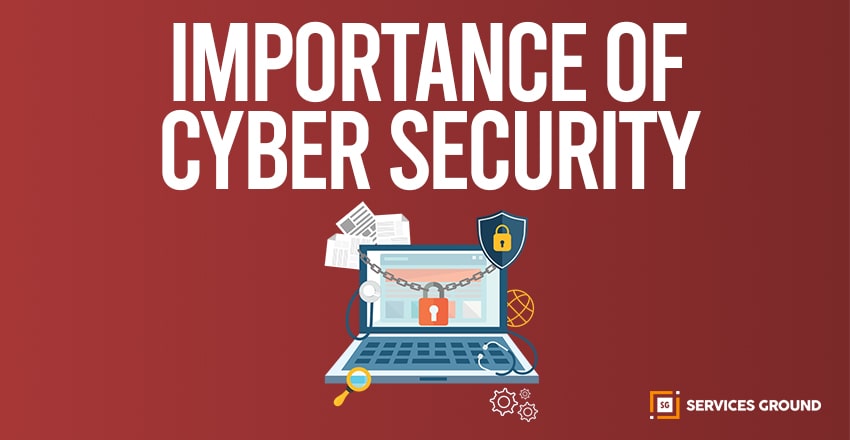What is Cyber Security?
Cyber Security is defending servers, computers, mobile devices, networks, electronic systems, and data from cyber-attacks. It can also be referred as Information Technology Security.
Importance of Cyber Security
The main purpose of cybersecurity is to keep sensitive and important information away from hackers. Every business sector including government, corporate, financial, military, and medical organizations collect, store, and process huge amount of data. They store these data on computers or other devices.
A specific part of that data can be very sensitive. It can be intellectual property, personal information, financial data, or any type of data that is not open for public to see or use. In other words, unauthorized data. Which can cause a certain harm to the business.
Cyber Security comes in at this moment. It not only protects your data but also assures you not to let it go in any danger. Cyber Security also allows you to protect the data from the hackers.
As early as March 2013, the nation’s top intelligence officials cautioned that cyber attacks and digital spying are the top threat to national security, eclipsing even terrorism.
Challenges of Cyber Security
These are the elements that Cyber Security covers:
- Network Security: Protecting Information from unauthorized users, hackers, and intrusions.
- Application Security: Updates are needed on daily or weekly basis to protect the program and secure it from the attacks.
- Endpoint Security: Protecting the information remotely from anywhere
- Data security: Inside of networks and applications is data. Protecting company and customer information is a separate layer of security.
- Identity management: Essentially, this is a process of understanding the access every individual has in an organization.
- Database and infrastructure security: Everything in a network involves databases and physical equipment. Protecting these devices is equally important.
- Cloud security: Many files are in digital environments or “the cloud”. Protecting data in a 100% online environment presents a large number of challenges.
- Mobile security: Cell phones and tablets involve virtually every type of security challenge in and of themselves.
- Disaster recovery/business continuity planning: In the event of a breach, natural disaster, or other event data must be protected and business must go on. For this, you’ll need a plan. End-user education: Users may be employees accessing the network or customers logging on to a company app. Educating good habits (password changes, 2-factor authentication, etc.) is an important part of cybersecurity.
If you liked what you read, make sure to subscribe to our newsletter. You can also follow us on Facebook, Instagram, and YouTube.








